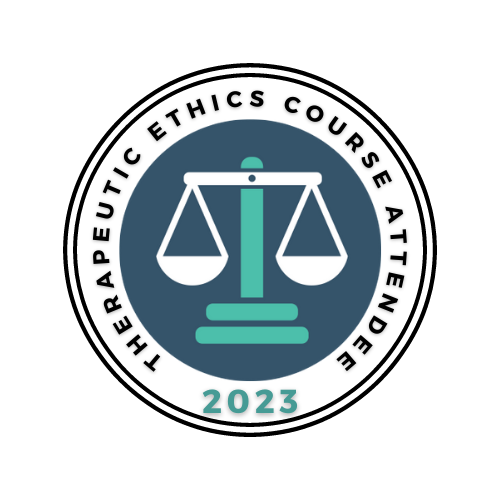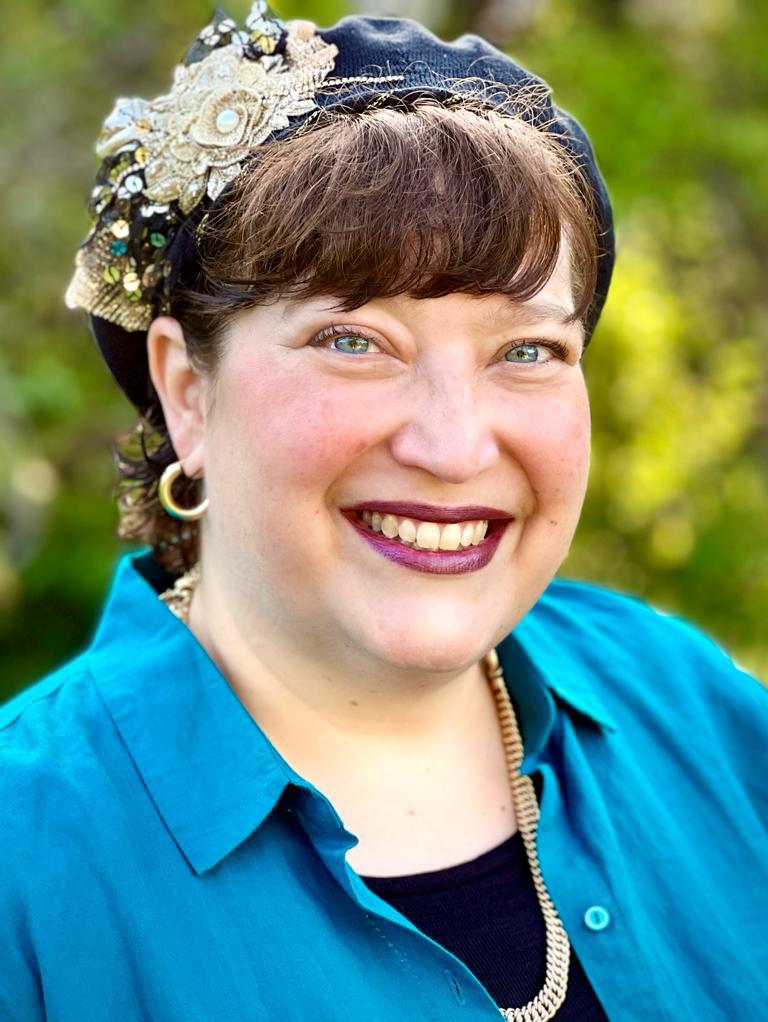Talya Roth
Credentials
Finances
Licensed in Israel
- Yisrael Eldad 6 apt 34
- ירושלים
Talya Roth
 Verified
Verified
Credentials
Clinical Psychologist
MA
Finances
450 NIS
N/A
Sliding Scale | Student Discount
ABOUT THE THERAPIST
I believe in goal-oriented therapy. As a Psychologist, I try to help people overcome the difficult things which life sometimes hands us (whether it be trauma such as child sexual abuse or rape, physical or mental illness, loss, domestic violence, fertility treatments, special needs children, stress, etc.). I believe that people have the ability to heal; my job is to assist them in their process. A major part of therapy is to help people understand what they’re going through; knowledge is power. Therapy also includes tools for coping such as relaxation exercises, assertiveness training, and so on. I teach skills from the world of DBT such as mindfulness, distress tolerance and self soothing. In addition, I work with a lot of somatic interventions as often what we are feeling emotionally is also held in the body and we can use the mind-body work to release things and feel better.
My focus is on helping people find their inner strengths so that they become healthier individuals. I enjoy working with young adults, as they forge their own identities, figuring out their values, and directions in life. No man is an island. One of my goals is to work with clients on the skills needed to develop healthy relationships. I enjoy working with singles in figuring out how to find a life partner who is right for them. I am gay friendly. My work with gay or lesbian clients will involve learning to accept themselves for whom they are, and live fulfilling lives as they choose. I have lectured on a variety of subjects, including about therapy for victims of domestic violence, on treating adult survivors of child sexual abuse, helping singles build relationships, and working with religious clients who are LGBTQ. Most of my clients graduate therapy within six months to one year. My objective is to help empower my clients to reach a place of positive self-esteem, health, happiness, and meaning. I am currently working in private practice in Arnona, Jerusalem. I work in English or Hebrew. Prior work experience:
- Bat Melech (victims of domestic violence)
- Psycho-Oncology Department at Hadassah Ein Karem (patients undergoing treatments for cancer, and their families)
- Herzog Hospital (family members of people suffering from dementia and Alzheimers)
- Limudiya (teens and young adults with learning disabilities)
- Rehabilitation Unit at Hadassah Har HaTzofim (patients after a stroke, car accident, etc).
QUALIFICATIONS
MA
Bar Ilan University
2001
Degree
MAEducation
Bar Ilan UniversityYear of Graduation
2001Years in Practice
24
REGISTERED PSYCHOLOGIST IN ISRAEL
Registration in Pinkas Hapsichologim
6647
Mumche Category
Clinical Psychologist
Mumche License Number
7442
DISTANCE COUNSELING
Telephone Counseling, Online Therapy
PRIMARY SPECIALTIES
Anxiety / Panic
Infertility
LGBTQ
Sexual Abuse / Rape
singles
ADDITIONAL SPECIALTIES
Abuse
Cancer / Terminal Illness
Depression
Divorce / Custody
Domestic Violence
Family Issues
Grief
Postpartum Depression
Self-Esteem
Sexual Issues
Stress Management
Trauma / Post Traumatic Stress Disorder PTSD
CLIENT FOCUS
Population
Adults
Men
Women
Languages Spoken
Hebrew
English
TREATMENT APPROACH
Art TherapyArt therapy has clients express themselves through creative mediums such as drawing, painting, collage, coloring, or sculpting. Clients can interpret their subconscious world that is expressed in their art which could lead to a better understanding of their feelings and behavior. Artistic talent is not a prerequisite for art therapy as it’s not as much about the end result as much as it is about the process. The therapist looks for meaning in the creative choices of the work and the clients’ inner world. This therapeutic method enables clients to express their inner thoughts and feelings through creative expression rather than just talking about them.
Body-Mind PsychotherapyBody-mind psychotherapy is an integrative approach to psychological treatment that draws from both psychotherapeutic and somatic/body-based approaches. It emphasizes the interconnection between physical, emotional, cognitive and spiritual aspects of being. This approach seeks to help individuals explore how physical sensations, emotions, thoughts and beliefs influence their behavior and well-being. Through this exploration, individuals can gain insight into how the body and mind interact to create patterns of behavior, and how those patterns can be changed to promote healing and wellness.
Cognitive Behavioral Therapy (CBT)Cognitive Behavioral Therapy (CBT) is a type of psychotherapy that focuses on how one's thoughts, feelings and behaviors are connected and can be changed. It is based on the idea that how we think (cognition) and how we feel (emotion) can influence how we behave. CBT helps people identify and challenge distorted thinking and replace it with more balanced thinking, leading to improved mood and behavior. ‘Homework’, usually containing practical writing exercises, is often completed by the client between sessions to reinforce the therapy. Examples of tools that practitioners often use are journaling, challenging beliefs, and mindfulness.
Dialectical Behavior Therapy (DBT)Dialectical Behavior Therapy (DBT) is a type of cognitive-behavioral therapy developed by Marsha Linehan to help people learn to better manage and cope with emotions and stress. It focuses on developing skills and strategies to help regulate emotions, improve relationships and communication, and reduce self-destructive behaviors. Through DBT, people learn to identify and modify unhealthy thoughts and behaviors, while also learning to accept and validate their own feelings. DBT teaches skills to help individuals become aware of and accept and regulate their emotions, tolerate distress, and improve interpersonal relationships.
Guided ImageryGuided imagery is a form of visualization used for relaxation and healing. It uses the power of the imagination to create positive changes in a person's thoughts, feelings, and behaviors. It is also used to reduce stress and anxiety, cope with physical and emotional pain, increase motivation, confidence, and self-esteem, and to improve focus and concentration. During a guided imagery session, the practitioner will guide the client through a series of visualizations, using words and descriptions to help them create mental images in their mind. These visualizations can take many forms, such as a comforting place from the past or the client’s future goals.
Positive Psychology, Feminist Psychology, Rehabilitation Psychology, Mindfulness, Somatic Interventions
SERVICES OFFERED
Individual Therapy


 Verified
Verified

